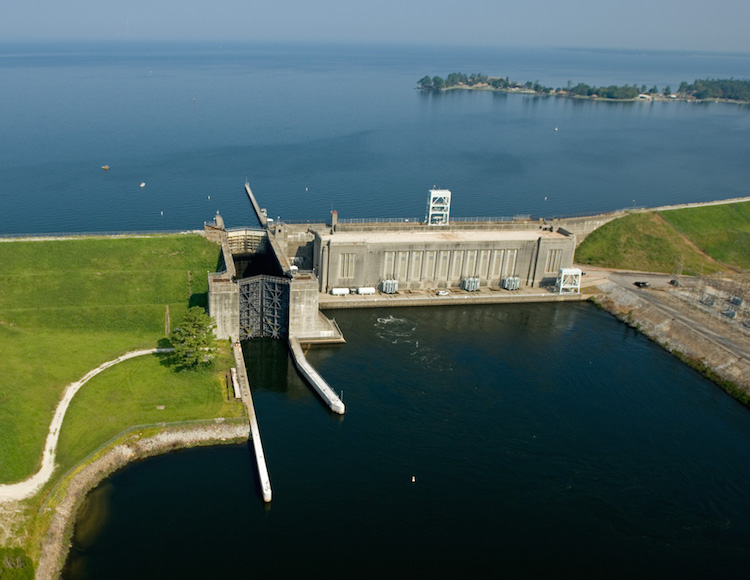 Santee Cooper proposes raising residential rates by almost 10 percent
Santee Cooper proposes raising residential rates by almost 10 percent
By ROBERT MEYEROWITZ
Santee Cooper, the state-owned utility, is notifying customers that it wants to raise its rates by more than 9 percent over the next several years, in part to cover “costs associated with nuclear construction.”
The reference is to its share of the $11 billion price to build two nuclear reactors in Jenkinsville, 25 miles northwest of Columbia. Since its chief contractor, Westinghouse, went bankrupt, the utility and its partner, SCE&G, have been trying to determine the partly-built project’s fate.
Meanwhile, it wants to recoup costs from its customers.
Santee Cooper’s 12-member board, appointed by the governor and confirmed by the state Senate, will vote on the increase at its December 11 meeting.
Unlike SCE&G, a private, monopoly utility which is regulated by South Carolina’s Public Service Commission, and must seek approval for rate increases, Santee Cooper, as part of the government, can unilaterally set and raise its rates.
Under its proposal, residential electricity rates would increase 4.6 percent in 2018 and another 4.9 percent in 2019.
Rates for its average customer would go from $127.60 to $133.80 a month in 2018, and then to $139.90 in 2019, it says.
That would bring the price to $0.1399 per kilowatt hour.
The average retail price for electricity in the state had been $0.1257 per kilowatt hour. Multiplied by average consumption of 1,380 kilowatt hours per month, it made South Carolina’s electric costs for consumers the highest on average in the country.
That number had been driven up by SCE&G, which, after eight rate increases to cover its costs and profit associated with the construction of the nuclear reactors, is charging its 258,000 residential electricity customers $0.14753 per kilowatt hour.
Santee Cooper had been charging its 177,000 residential customers a rate far below the average. With an increase well above it, South Carolina could lead the nation by a wide margin in average residential electricity costs — and the troubled nuclear-reactor project seems to be a big part of the reason.
